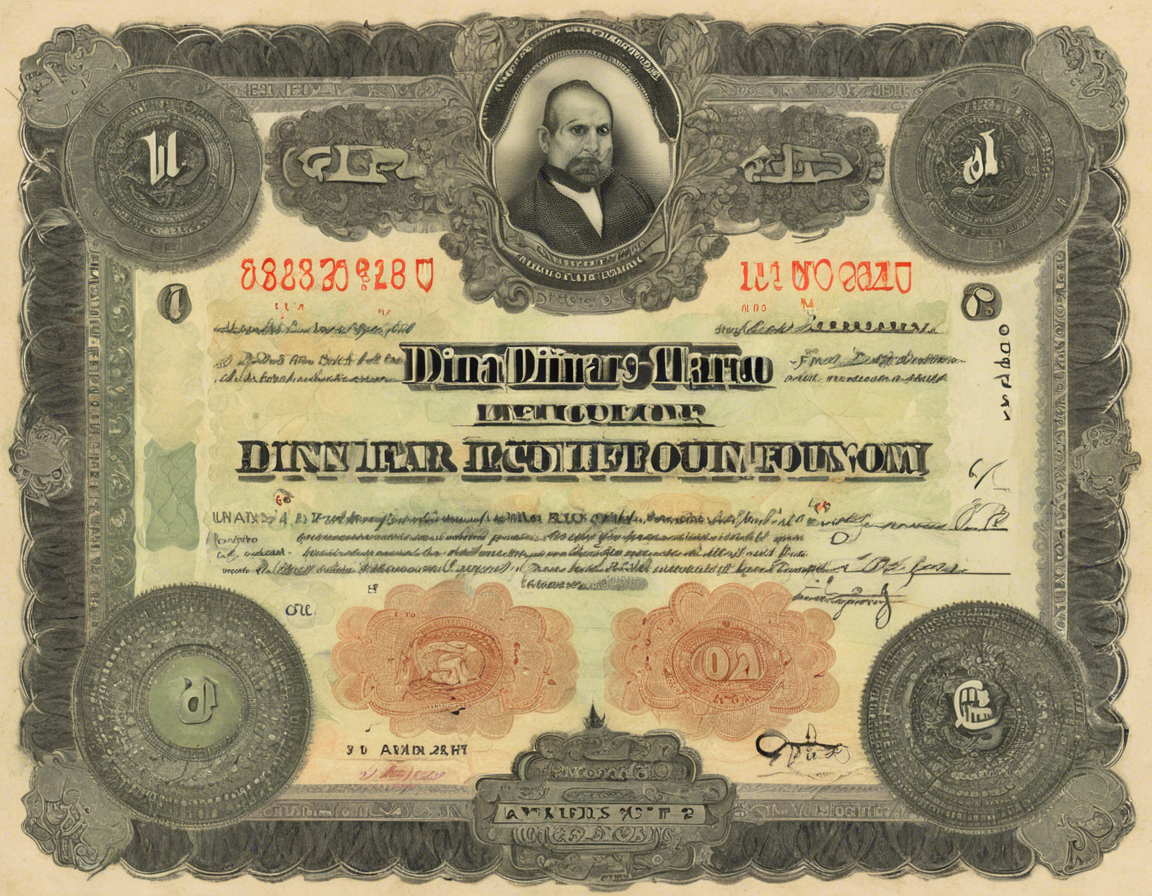
Introduction
Currency exchange is a common necessity for those who travel internationally or engage in global business transactions. One such exchange that many may find themselves making is dinar to INR (Indian Rupee). The dinar is the currency of countries like Iraq, Serbia, Algeria, Jordan, Libya, and Kuwait, while the Indian Rupee is the official currency of India. In this guide, we will discuss the nuances of dinar to INR conversion, exchange rates, factors influencing the rates, where to exchange the currency, and common FAQs related to this topic.
Understanding Dinar to INR Conversion
1. Exchange Rates:
When converting dinar to INR, it is essential to understand exchange rates. Exchange rates fluctuate constantly due to various factors like market demand, geopolitical events, economic stability, and government policies. You can check real-time conversion rates on financial websites, in banks, or through currency conversion apps.
2. Factors Influencing Exchange Rates:
Several factors influence the dinar to INR exchange rates. Some of the key drivers include the country’s economic performance, political stability, inflation rates, interest rates, and global economic indicators. It’s essential to stay updated on these factors to anticipate currency value changes.
3. Where to Exchange Dinar to INR:
There are several options for exchanging dinar to INR. You can visit local banks, authorized currency exchange offices, airports, or use online currency exchange platforms. Compare rates and fees across different providers to get the best deal.
4. Exchange Fees and Commissions:
When exchanging dinar to INR, be aware of additional fees and commissions charged by the exchange provider. These fees can vary significantly and impact the final amount you receive in Indian Rupees.
5. Timing Your Exchange:
Timing is crucial when exchanging currencies. Monitor exchange rate trends and consider converting when the rates are favorable. Avoid last-minute exchanges at airports or hotels, as they often offer less competitive rates.
Frequently Asked Questions (FAQs)
1. Is it better to exchange dinar to INR in my home country or in India?
It is generally recommended to exchange currency in the country of your destination. This is because local exchange providers in India may offer more competitive rates compared to foreign exchange in your home country.
2. How can I minimize exchange fees when converting dinar to INR?
To minimize exchange fees, consider exchanging larger amounts at once to benefit from bulk rates. Additionally, compare fees across different exchange providers and choose those with lower commissions.
3. Are there restrictions on exchanging dinar to INR?
It is essential to check for any government regulations or restrictions on exchanging dinar to INR, especially for larger amounts. Some countries may have strict policies on currency conversion.
4. Should I exchange all my dinar to INR at once?
It is advisable to exchange only the amount you need immediately and keep the rest in the original currency. This way, you can avoid multiple exchange transactions and potential losses due to fluctuating exchange rates.
5. Can I use international credit cards instead of currency exchange?
While international credit cards are convenient for transactions, they may not offer the best exchange rates. Additionally, be aware of foreign transaction fees that your credit card provider may charge for dinar to INR conversions.
In conclusion, converting dinar to INR requires careful consideration of exchange rates, fees, and timing to get the best value for your money. Stay informed about market trends, plan your exchanges strategically, and choose reputable exchange providers to ensure a smooth and cost-effective currency conversion process.
